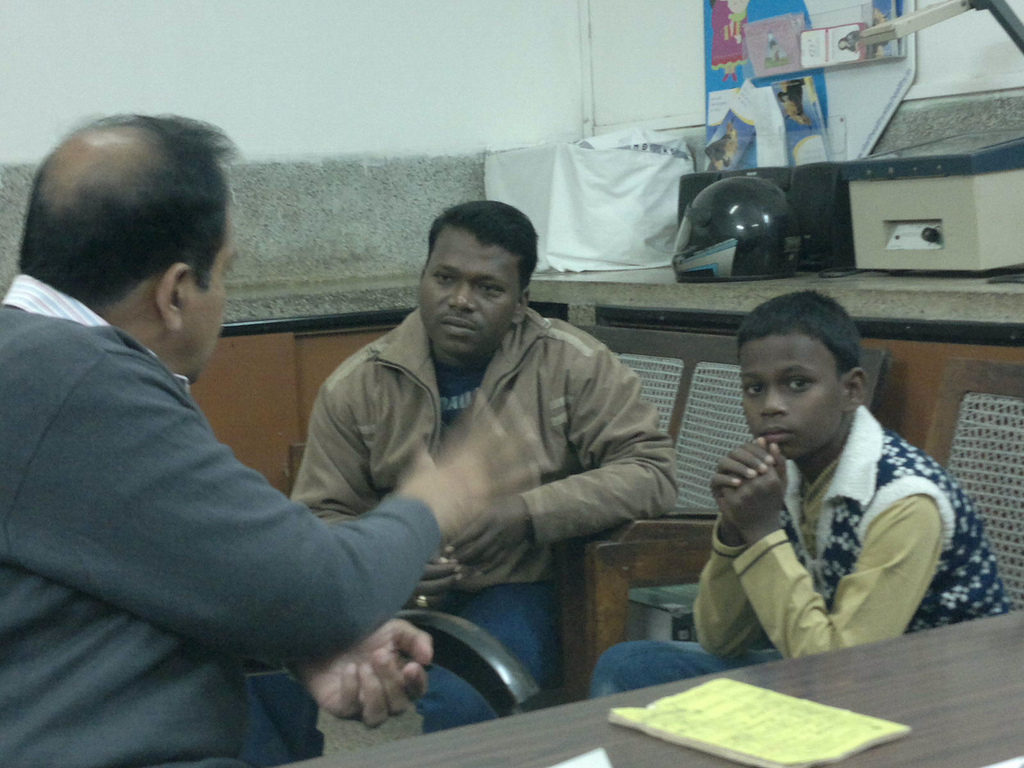It’s vital to have children with a mental illness or learning disability to be diagnosed and treated as soon as possible because otherwise, they may be wrongly labelled as lazy or stupid, and those kinds of labels can have a very negative effect on somebody’s overall life. Plus, treatments for genuine mental disorders have come a very long way in the last few decades, and that means many sufferers can lead normal lives and aim for the stars.

Dyslexia is a relatively common condition that can often be detected at a very young age. Most people have heard of dyslexia because one of the most common symptoms people experience is a difficulty learning to read and write, but there are other symptoms as well.
As aforementioned, it’s important to give sufferers of dyslexia the treatment they need, and that’s what makes dyslexia testing in Sydney so important. Of course, it can be difficult to detect dyslexia when children are too young to read and write anyway, but there are some tell-tale signs that should be acted on if noticed.
Learning Discoveries is one such organisation that offers high-quality dyslexia testing and treatment for those who need it, but before parents assume their child has something wrong with them, it will help to understand what the common traits are.
The Common Signs of Dyslexia
Dyslexia can be difficult to diagnose, and that’s why only real professionals should be trusted with the task. At the end of the day, dyslexia can really hold somebody back if they never receive the treatment they need, and that’s what makes it so important to have treated from a young age. Here are some of the most common symptoms of dyslexia for parents who want to be sure before having their child assessed.
- Children with dyslexia may have delayed speech development when compared to other children of the same age, though this could be due to a variety of other conditions.
- They may have noticeable speech problems like not being able to pronounce long words or mixing up phrasing.
- Many dyslexia sufferers find it difficult to express themselves.
- They may not understand rhyming words.
- Sufferers may have very little interest in learning the alphabet.
- When they try to learn the alphabet, they may have difficulty pronouncing the sounds.
- Their spelling may be inconsistent.
- They may also write letters or numbers upside down or the wrong way round.
- Sufferers will probably read extremely slowly and make numerous errors when asked to read aloud.
- Dyslexia sufferers may be able to answer questions very well when using spoken language but have difficulty in writing down their answers to the same questions.
Needless to say, a person with dyslexia can still go very far in life with the right care and treatment, and that’s what makes diagnosing the problem at a young age so vital. People who have noticed their child exhibiting the above symptoms should have their child assessed as quickly as possible.
